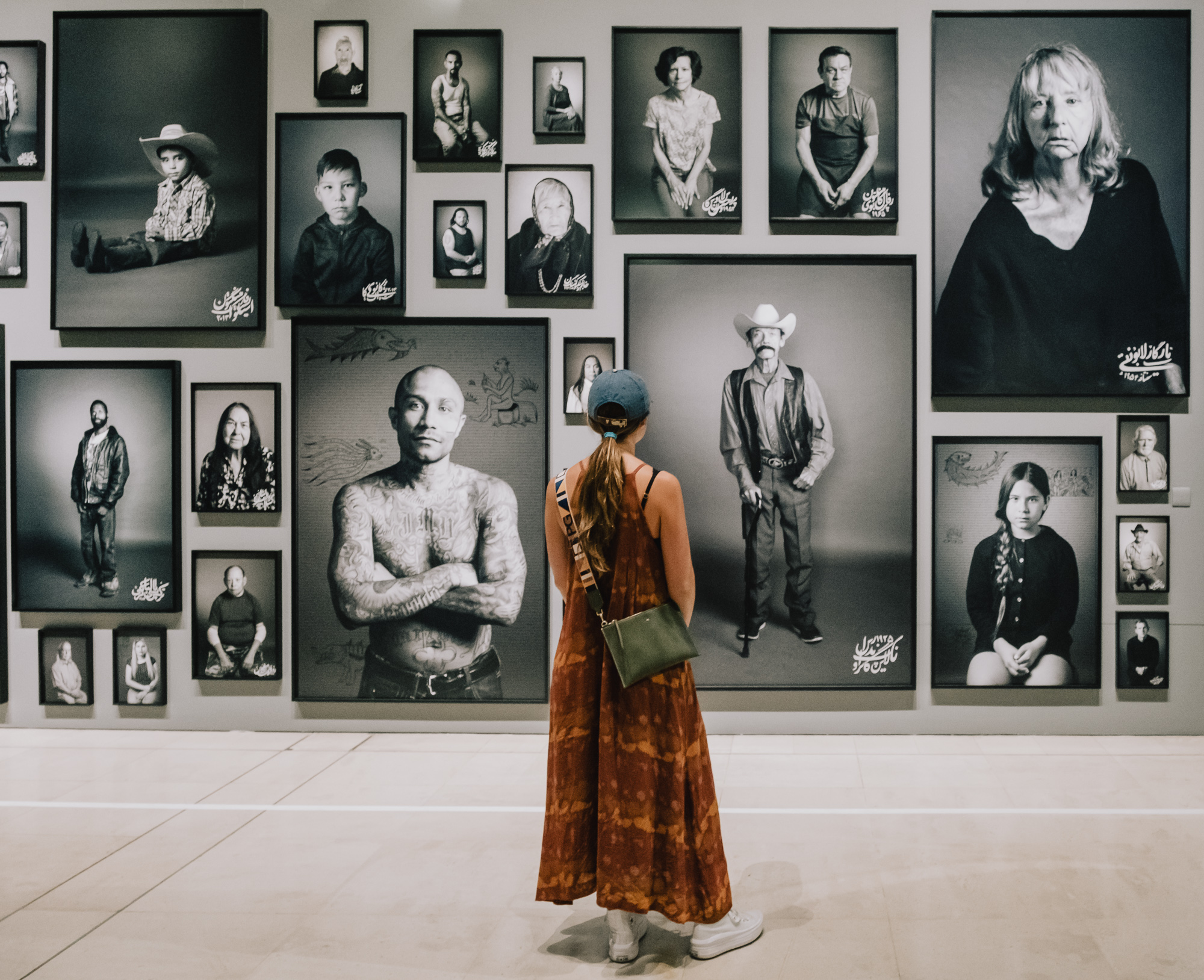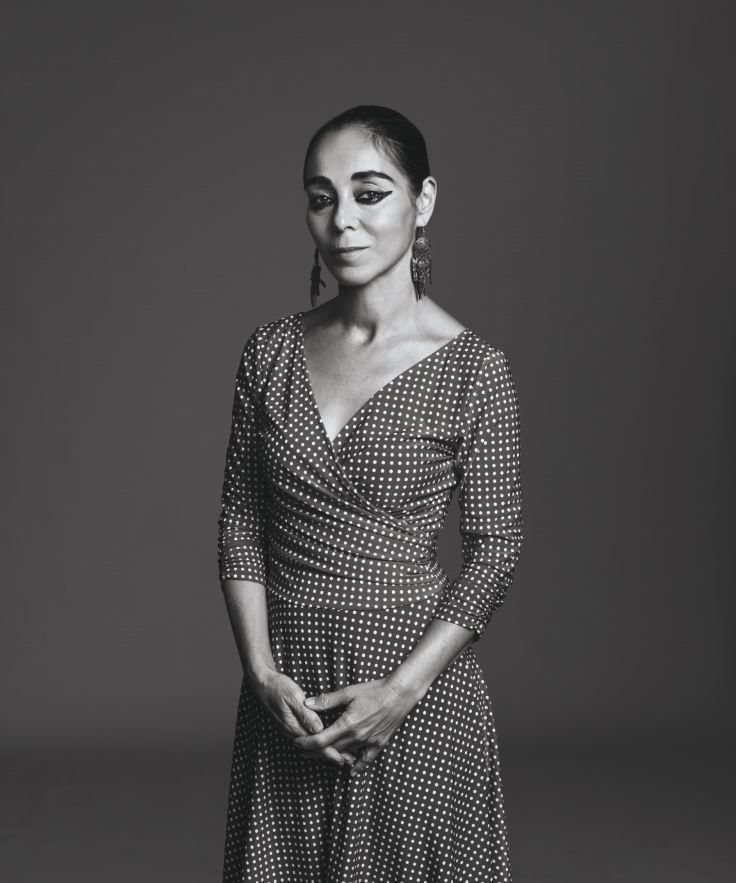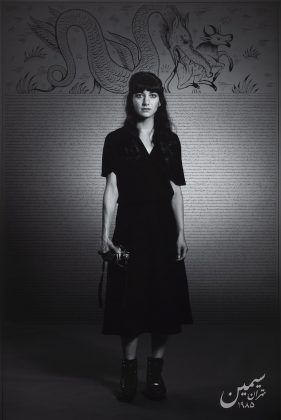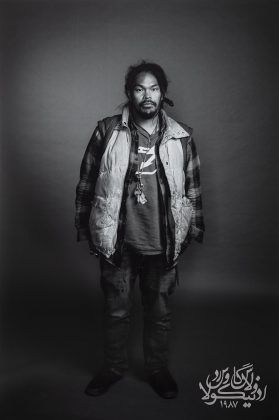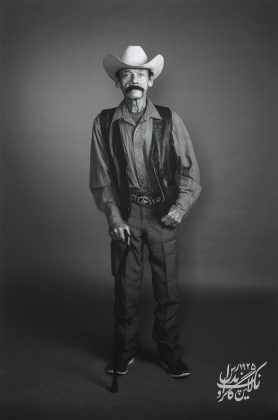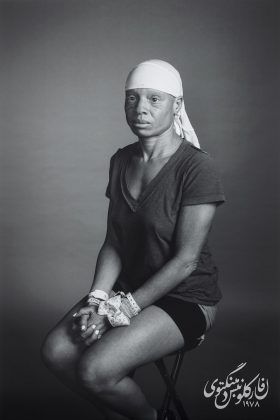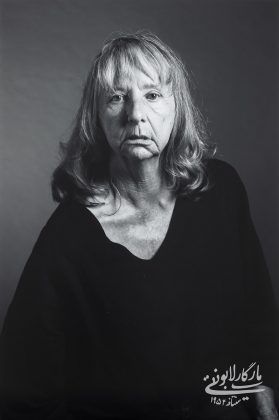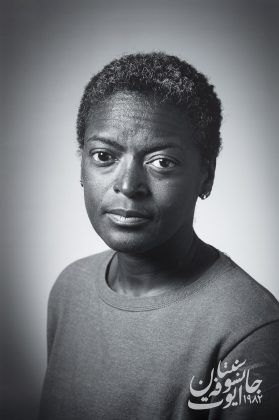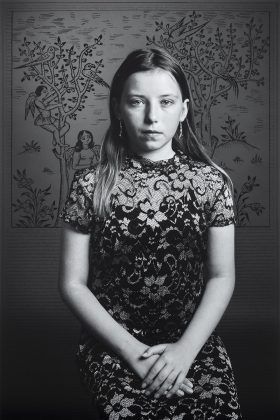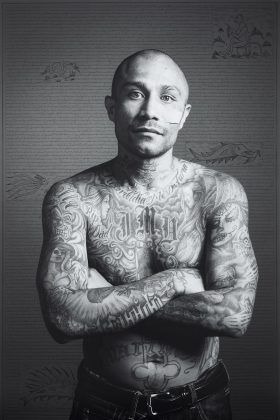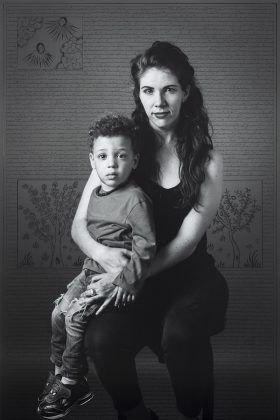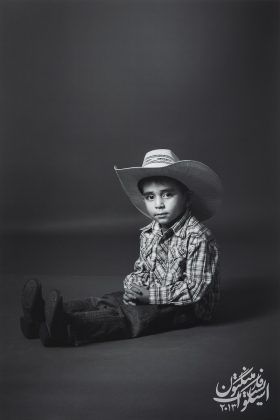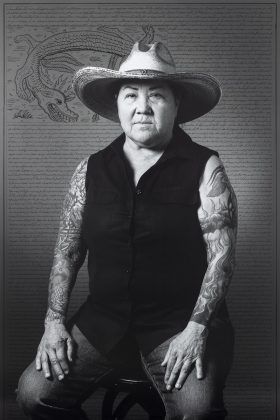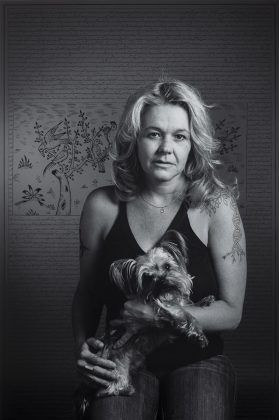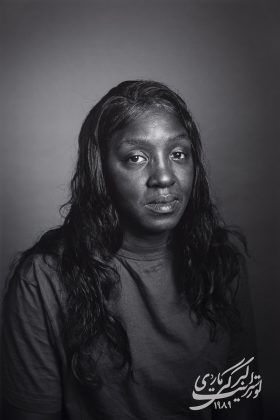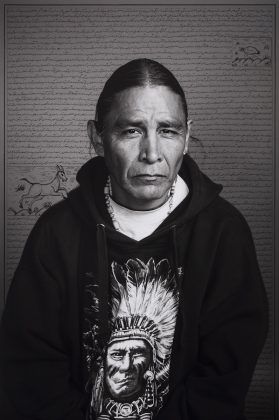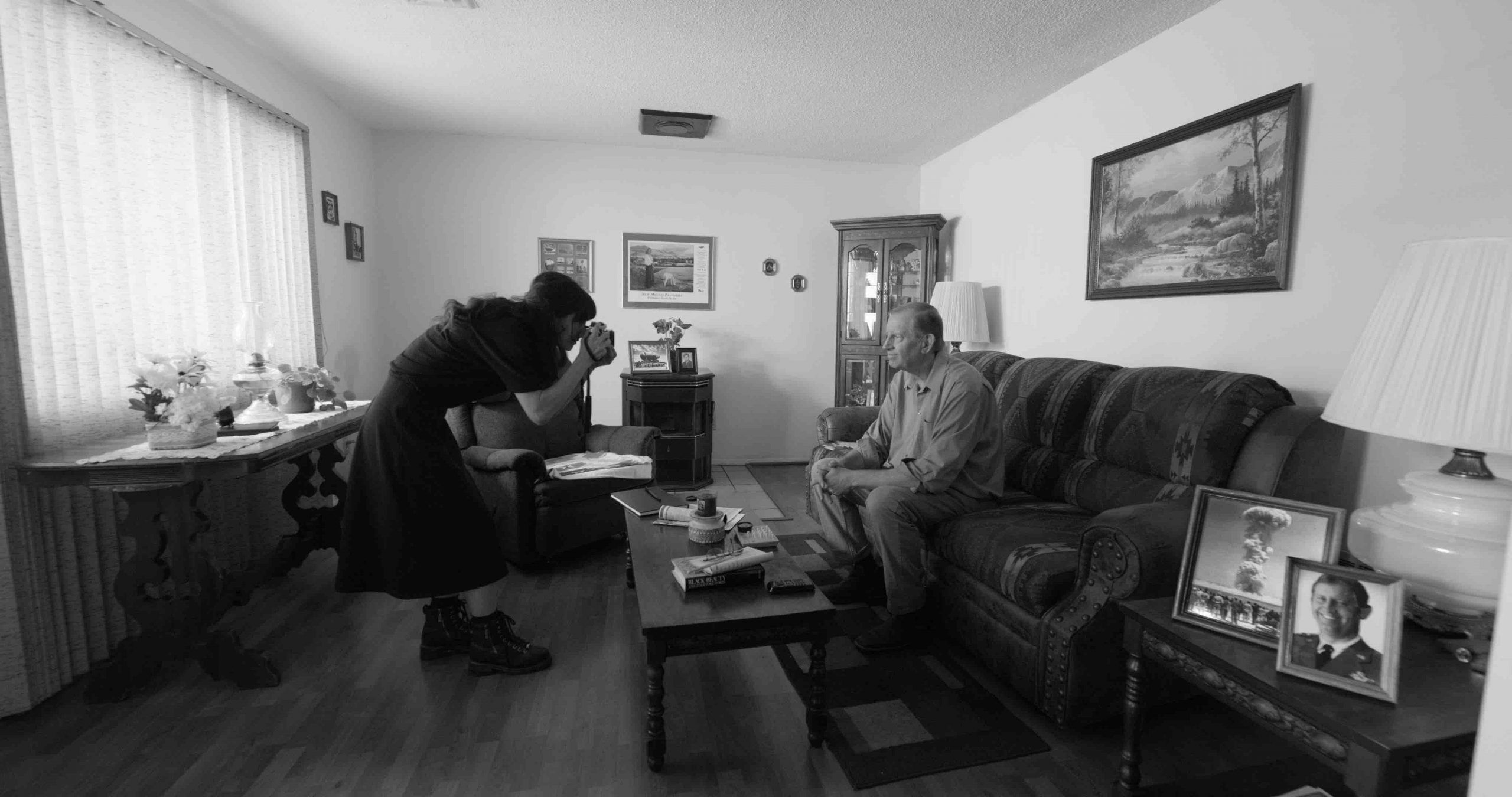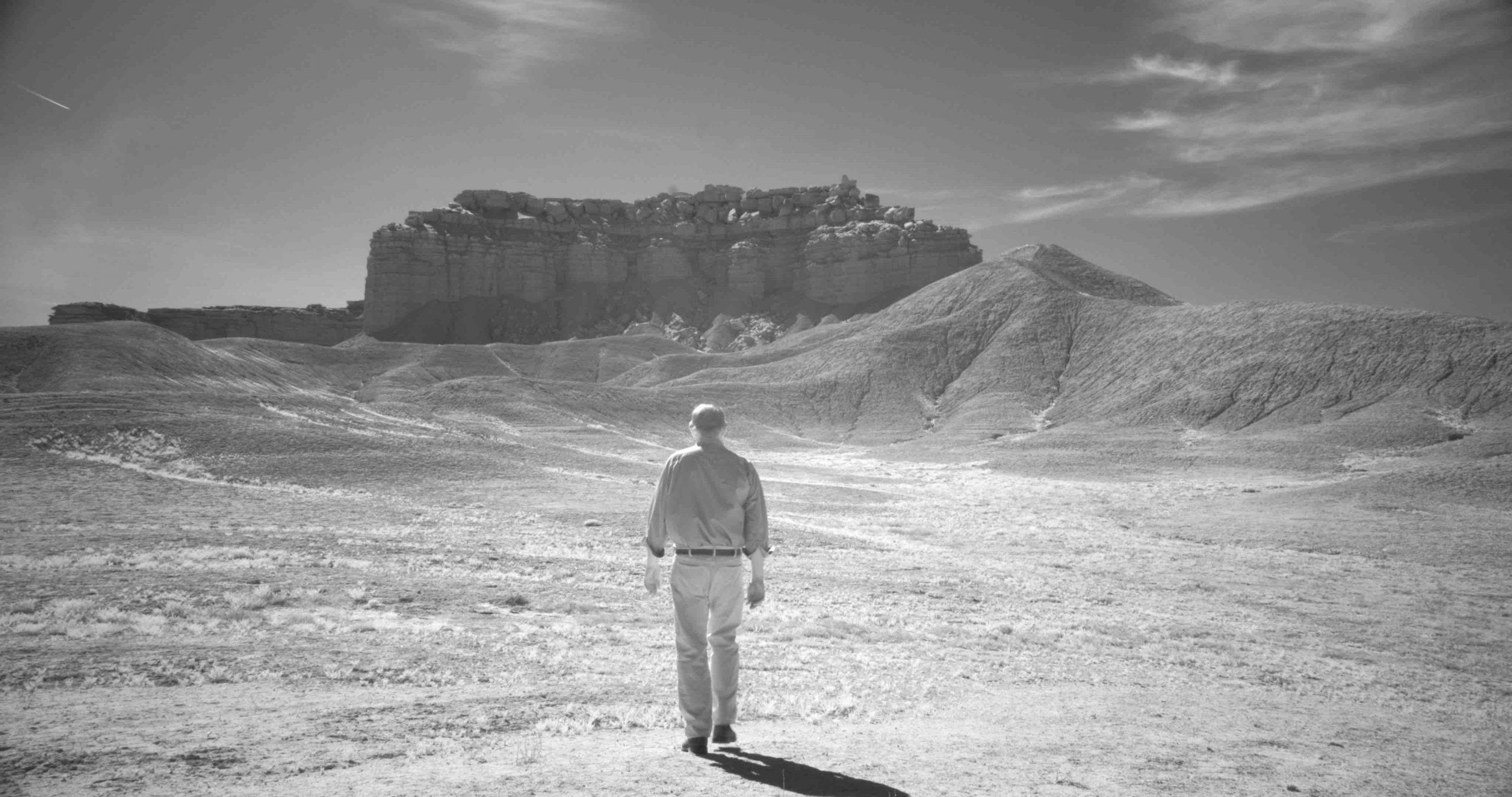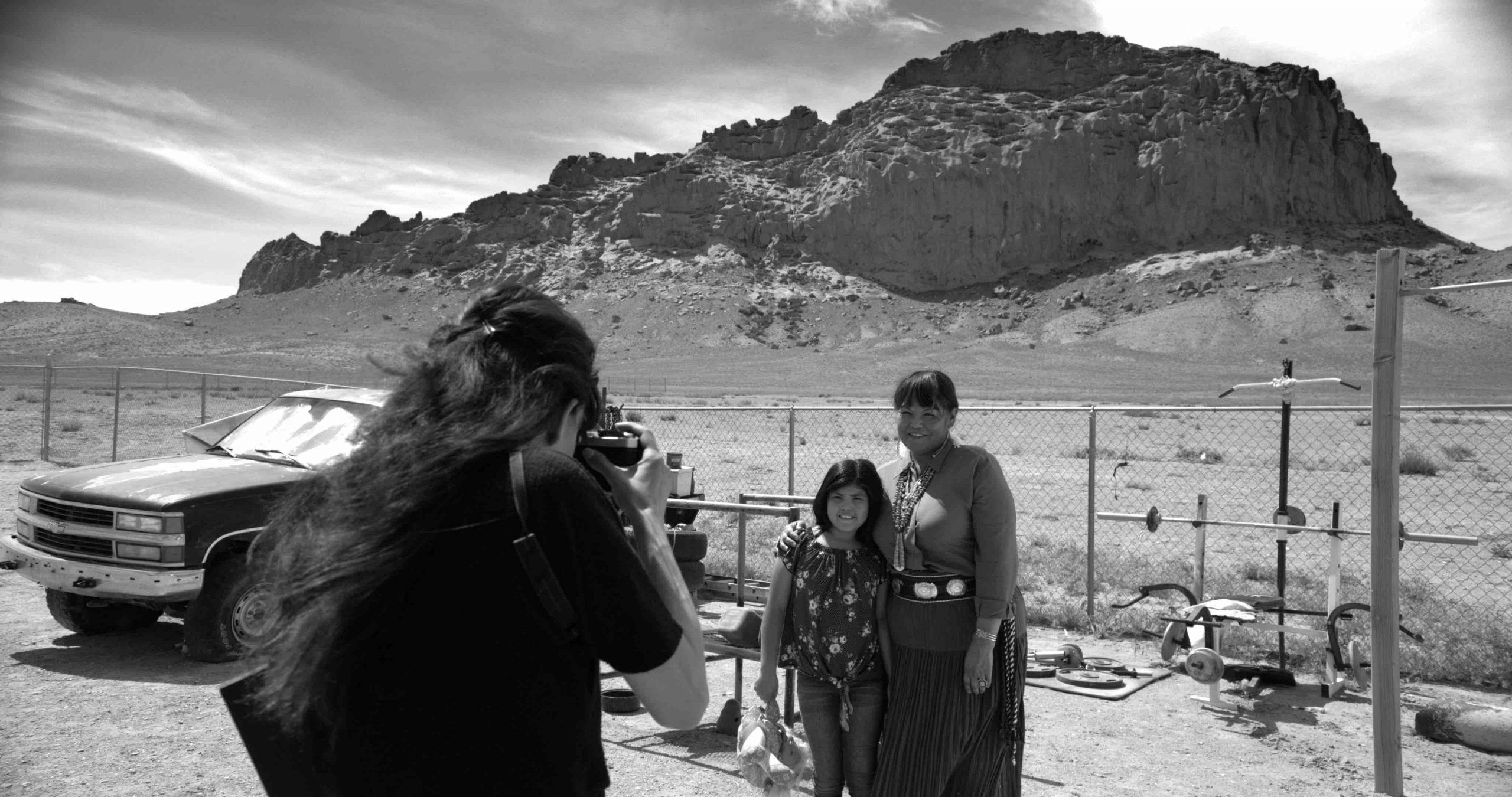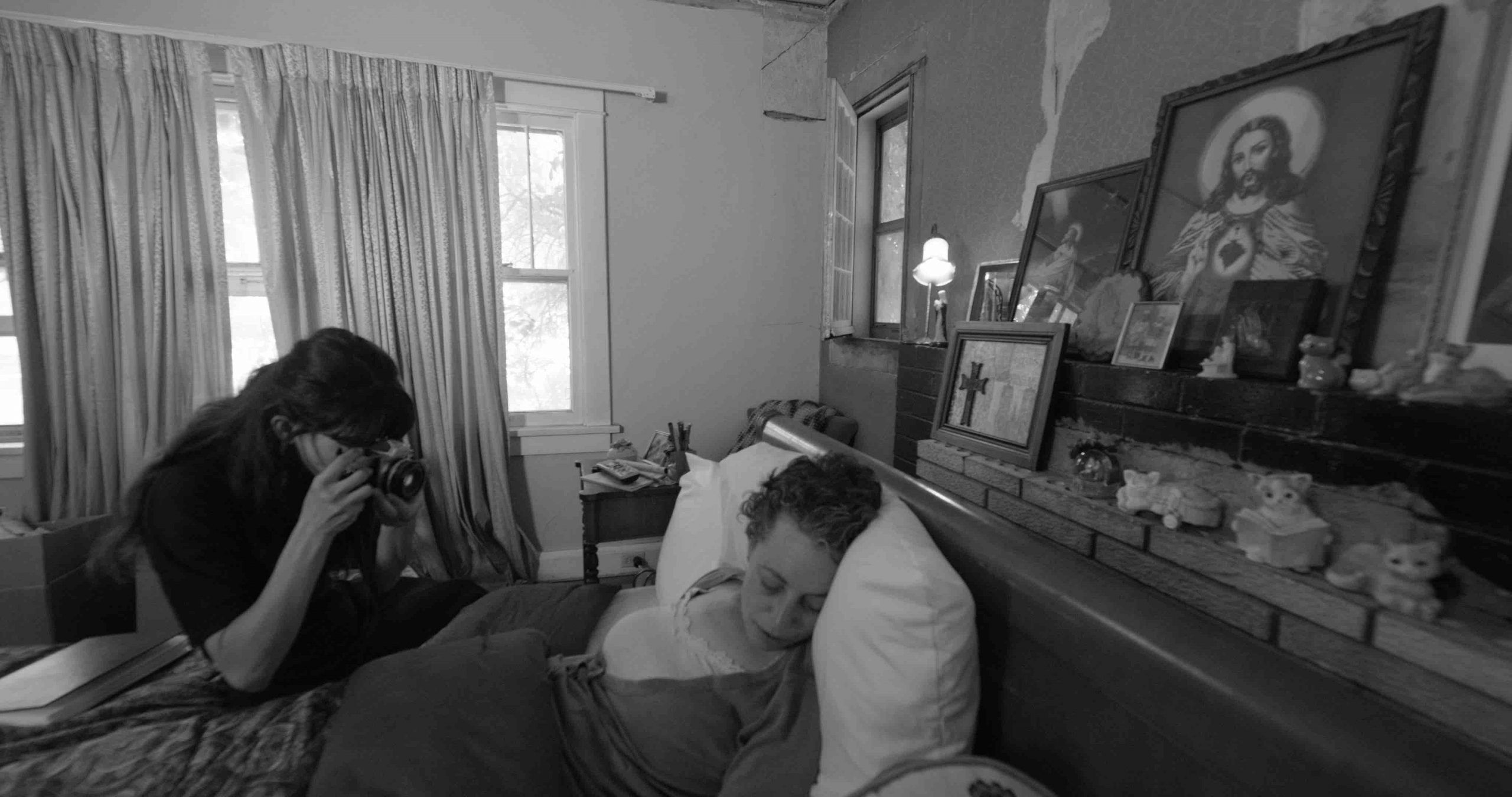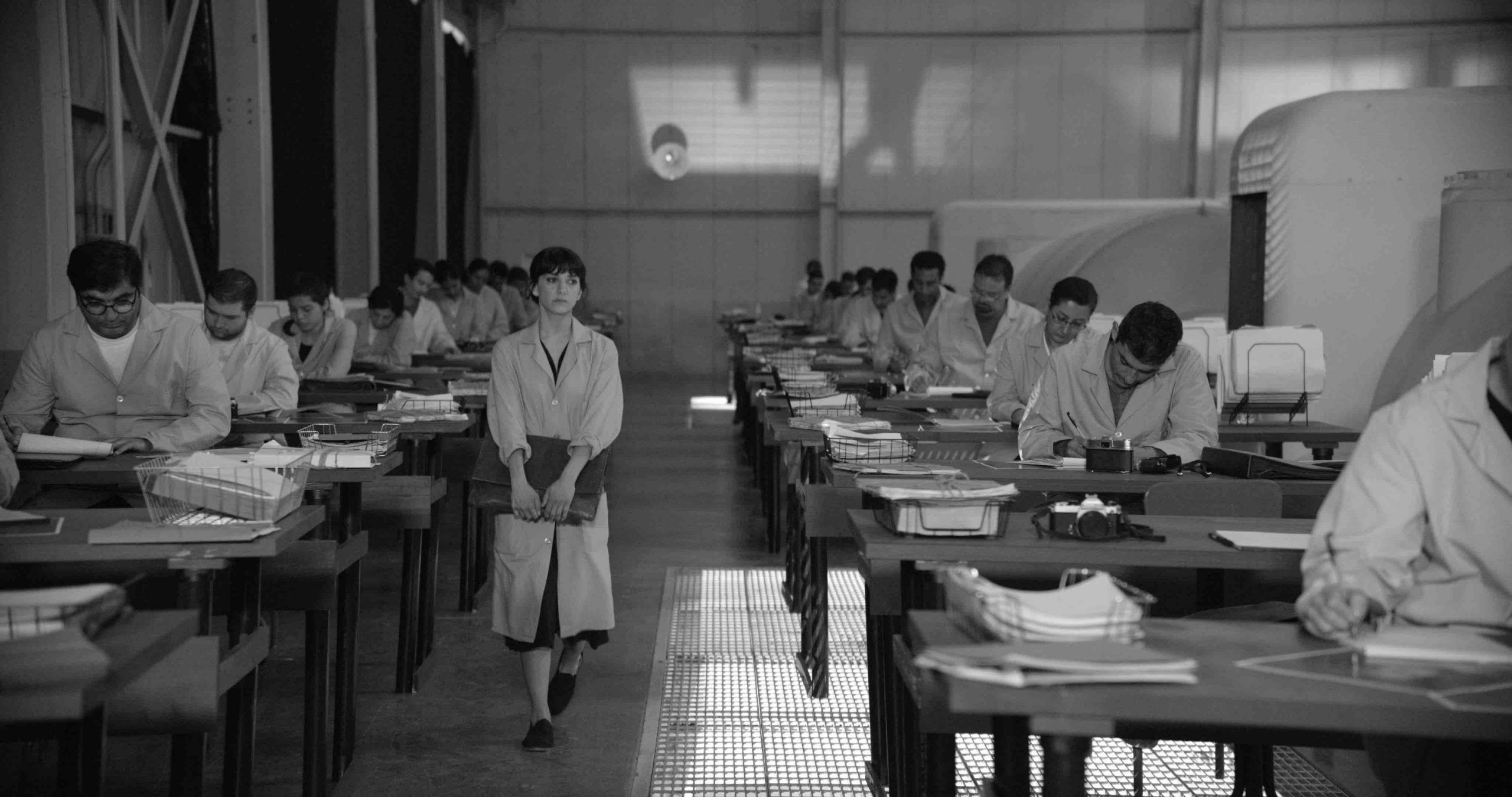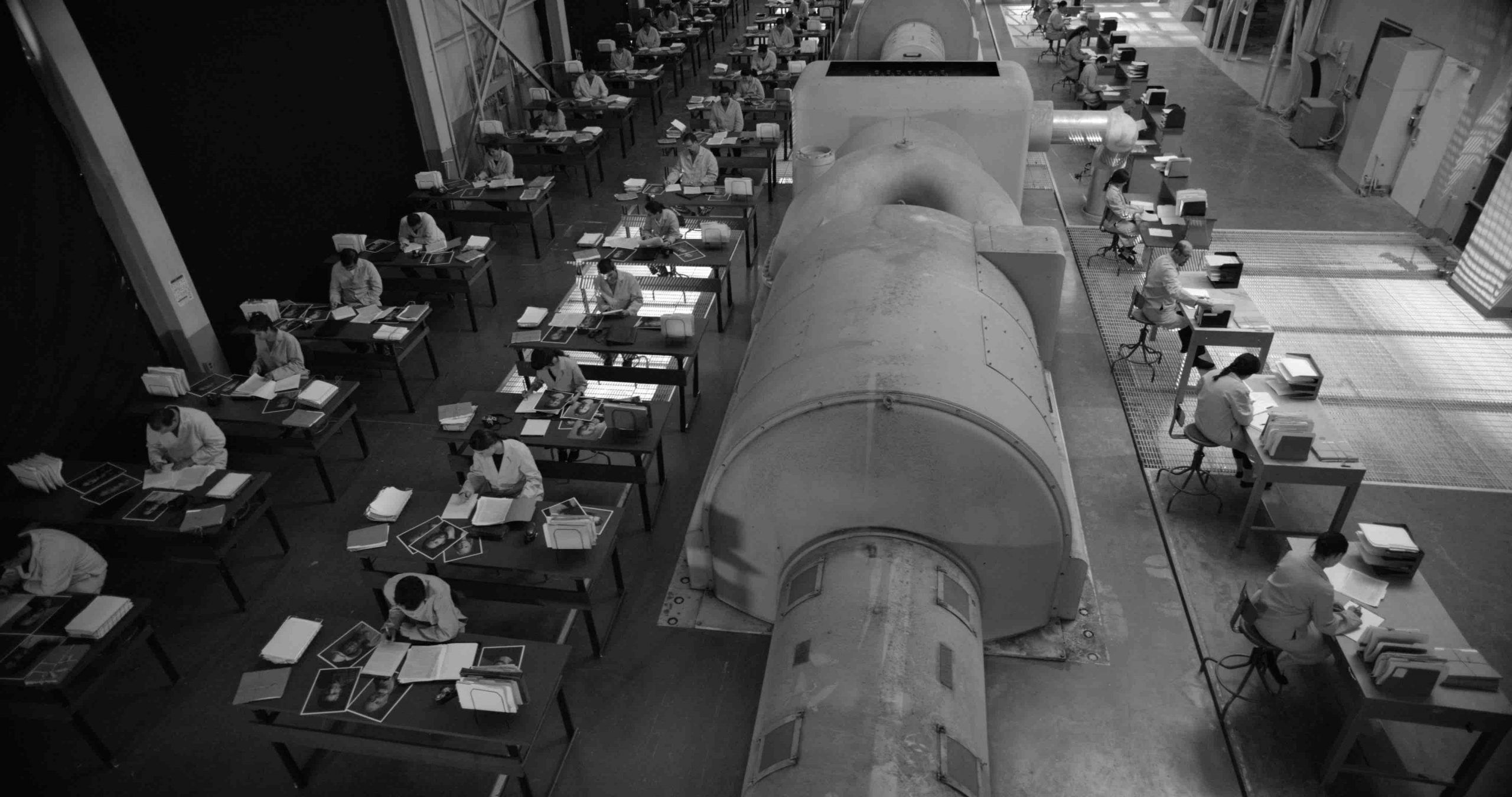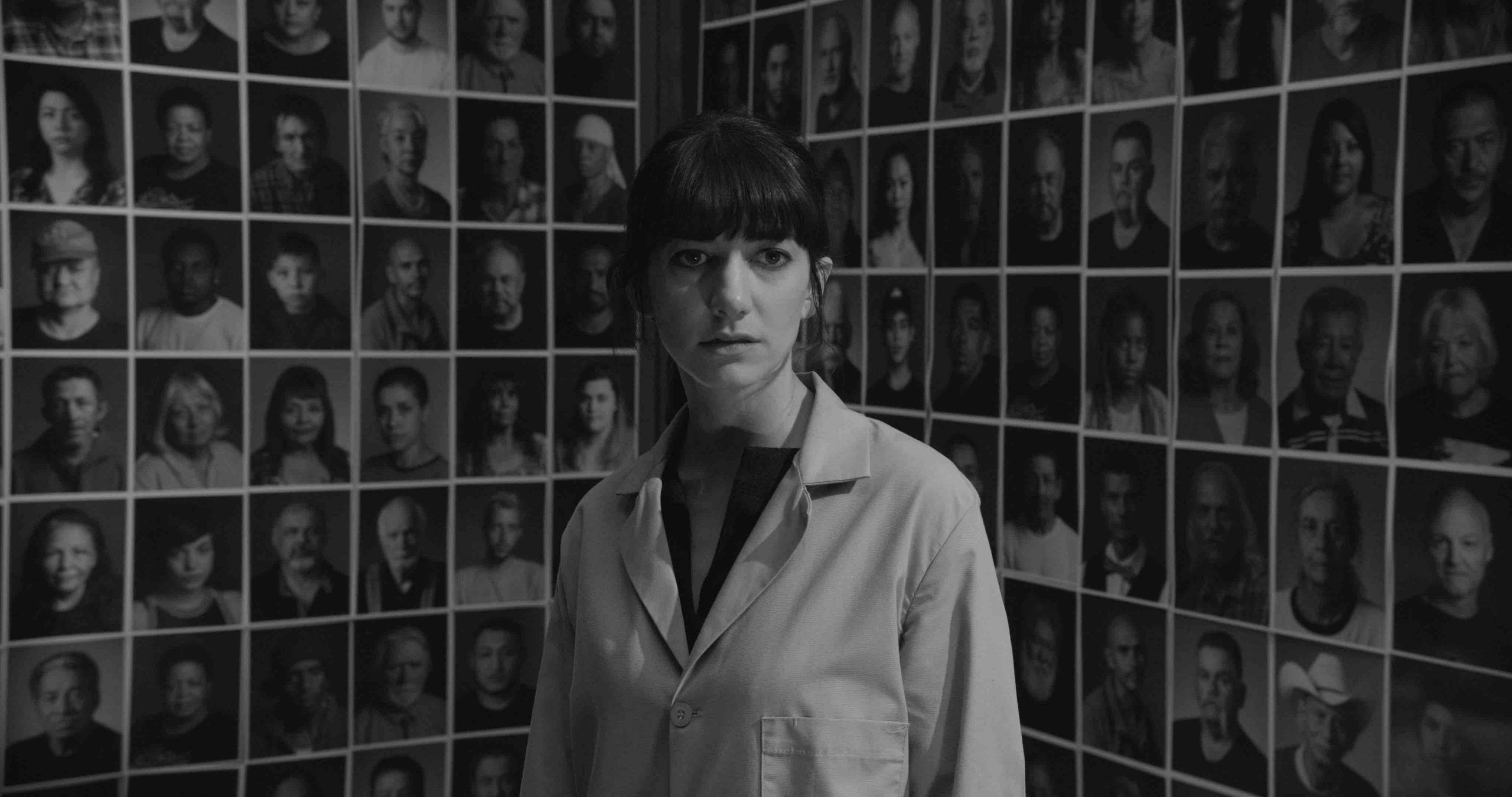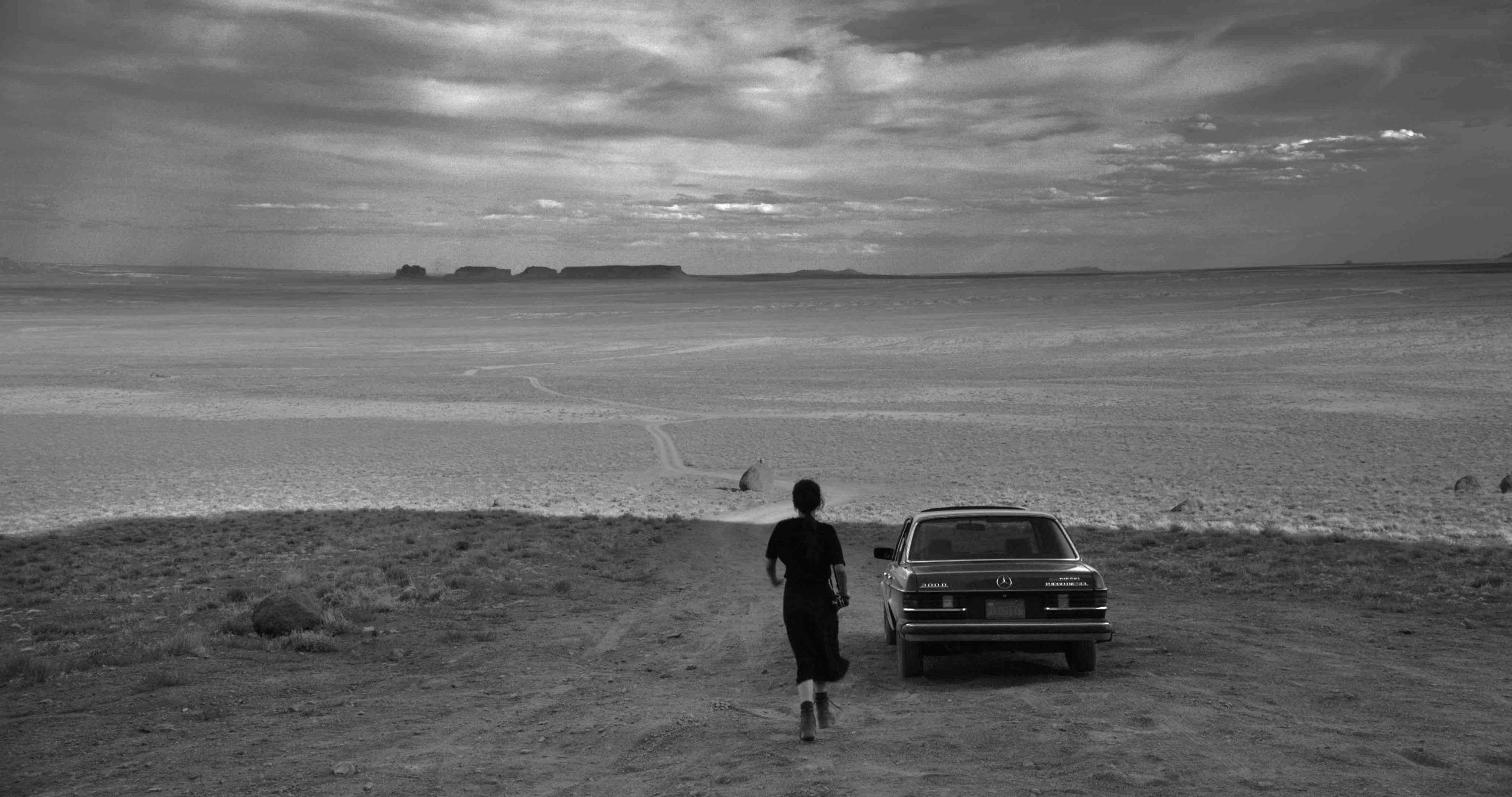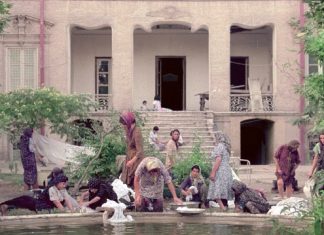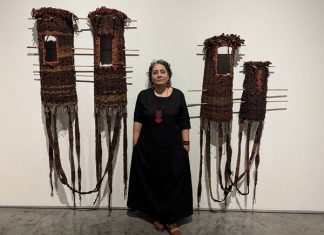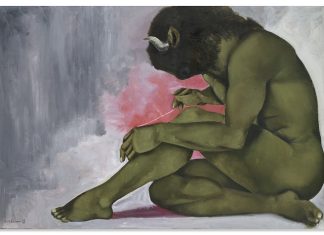By Nazanine Nouri
Shirin Neshat — who in 2009 won the Venice Film Festival’s Silver Lion best-director award for “Women Without Men” — was back at this year’s festival for the premiere of a movie that was not in competition for the top prize. “Land of Dreams” stars Sheila Vand, Matt Dillon, William Moseley and Isabella Rossellini.
View this post on Instagram
She then went on to open an exhibition of her work at Photo London, a leading international photography fair, where she received the Master of Photography award. The exhibition, also titled “Land of Dreams” — 111 photographs and a two-channel film installation — features the landscape and people of the American West.
Neshat’s movie “Land of Dreams” was co-directed by Shoja Azari and written by the late French screenwriter Jean-Claude Carrière. It’s based on a story by Neshat, and takes place in the near future in a small town in the American West.
It’s the story of Simin Hakak, an Iranian woman who works as a dreamcatcher for the US Census Bureau which, in an effort to control its citizens, has begun a program to record their dreams.
Unaware of this devious plot, Simin goes door-to-door asking citizens to recount their dreams. She is torn between her compassion for those whose dreams she is recording and a truth she must find within. Haunted by her father’s execution after the Islamic Revolution, Simin has developed a coping mechanism through a world of fantasy and play acting, capturing her interviewees’ dreams, secretly impersonating them in Farsi, and publishing them on social media for a growing Iranian audience.
Neshat said she was obsessed with dreams for many years in her video work and films.
“I think that dreams are quite universal and often a manifestation of our fears, and our fears as human beings are very common whether you’re Iranian, Italian, American,” she told Fred Film Radio as she presented her movie in Venice. “It’s a projection of events that take place around us, and these days I think they’re quite global — the fear of displacement, disease, violence, abandonment, all of those that haunt me as an Iranian.”
She said that for her first film made in the U.S. as an immigrant, it was interesting to understand what Americans were dreaming about and what they were worried about. She added that it was a really good time to ask that question in American society.
“The film is a political satire,” she explained. “It’s almost surrealistic and takes place in the near future, but I think that these days governments have become sort of a political theater. The way in which we see America with [U.S. President Donald] Trump or in Iran with [Supreme Leader Ali] Khamenei, the way in which the governments conduct themselves is absurd and it wouldn’t be so out of our imagination if one day, the government wanted to intrude into people’s subconscious to sell them things or to understand their fears.”
“One of the other elements we cared a lot about is this conversion of corporations into government agencies,” she said. “The Census Bureau here is a bit like Twitter and Facebook mixed with the American government in a way that they become very intrusive in people’s lives like social media. This film is foreseeing what is to come, which is not great.”
Neshat’s second feature film, “Looking for Oum Kulthum” (2017) — co-directed by Azari — was based on the life of the Egyptian singer Oum Kulthum.
Carrière, who died earlier this year, won an Oscar for the short film “The Anniversary,” and was Oscar nominated for Bunuel’s “The discreet Charm of the Bourgeoisie” and “That Obscure Object of Desire,” as well as Philip Kaufman’s “The Unbearable Lightness of Being.” He received an honorary Academy Award in 2015. He was married to the Iranian-born writer Nahal Tajadod.

